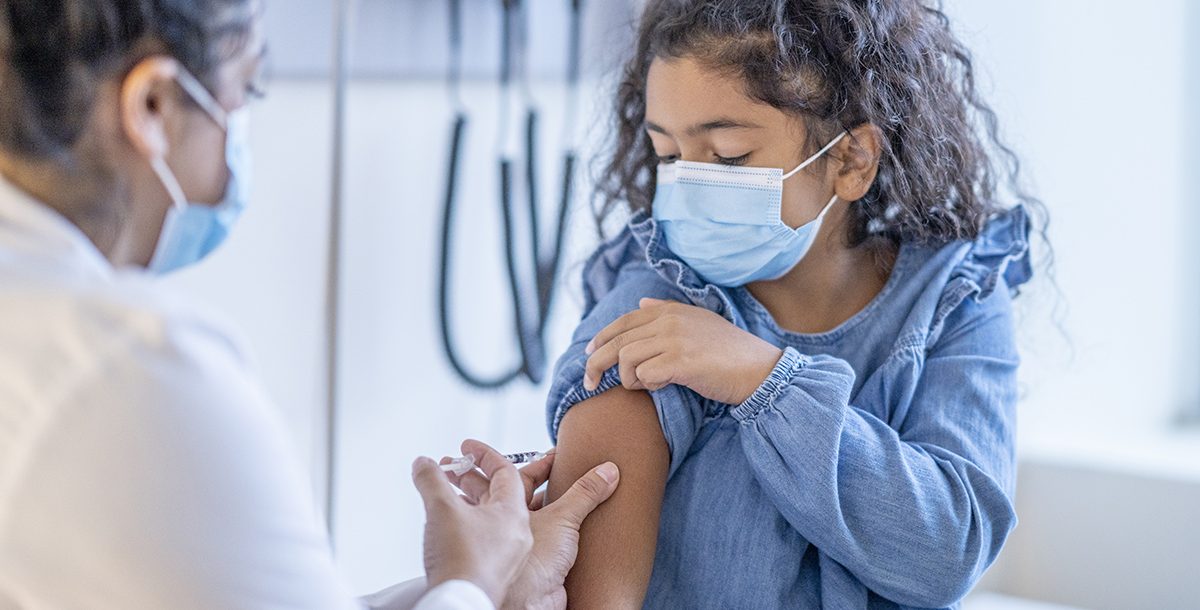The COVID-19 vaccine is now available for younger children, and if you’re a parent, you probably have some questions. We’ve gathered key facts to help you as you consider whether to vaccinate your child against COVID-19.
Vaccine eligibility
Children as young as 6 months old can receive a COVID-19 vaccine under emergency use authorization.
- The Pfizer vaccine is authorized for children age 6 months and older.
- The Moderna vaccine is authorized for children age 6 months and older.
- The J&J/Janssen vaccine is not yet authorized for any person until 18 years old.
Dosage is based on age on the day of the vaccination, not a child’s size or weight.
The vaccination process
Depending on which brand of COVID-19 vaccine your child receives, they will need two to three doses to be considered fully vaccinated. The Centers for Disease Control and Prevention (CDC) has comprehensive information about the vaccination process on their website.
Reported side effects are mild, temporary and like those experienced after routine vaccines. Children older than 5 tend to experience the same side effects as adults do: a mild fever, muscle or joint aches, chills, a headache or fatigue. Children age 4 and younger more commonly experienced side effects after the second dose of the vaccine. These included swollen lymph nodes, irritability or crying, sleepiness or loss of appetite. Kids might feel pain or discomfort at the injection site, or they might see some redness or swelling where the shot was given.
The COVID-19 vaccine can be given with other vaccines, including the flu vaccine, at the same visit.
Weighing the risks and benefits
When deciding whether to vaccinate a child against COVID-19, parents should consider the risks and benefits of the vaccine compared to the risks of COVID-19 illness.
Following are several things to consider:
- People who are fully vaccinated – both children and adults – not only have a lower risk of getting COVID-19, they’re also less likely to become severely ill and need hospitalization.
- While we’ve seen that children have a lower risk of needing hospitalization for COVID-19 than adults, some children have experienced serious illness.
- In addition to protecting the child, vaccination helps protect the people around them, such as grandparents or other loved ones who may be at greater risk from COVID-19.
- Children with chronic conditions have a greater risk of becoming severely ill from COVID-19.
- If you child has recovered from COVID-19 illness, experts say they do have some protection. What’s not yet clear is how long that protection lasts. Being vaccinated is a safer way to gain protection against severe COVID-19 illness.
If you have questions, your child’s health care provider can discuss the risks and benefits of vaccination with you.
Learn more about our ministry’s COVID-19 vaccine efforts.





